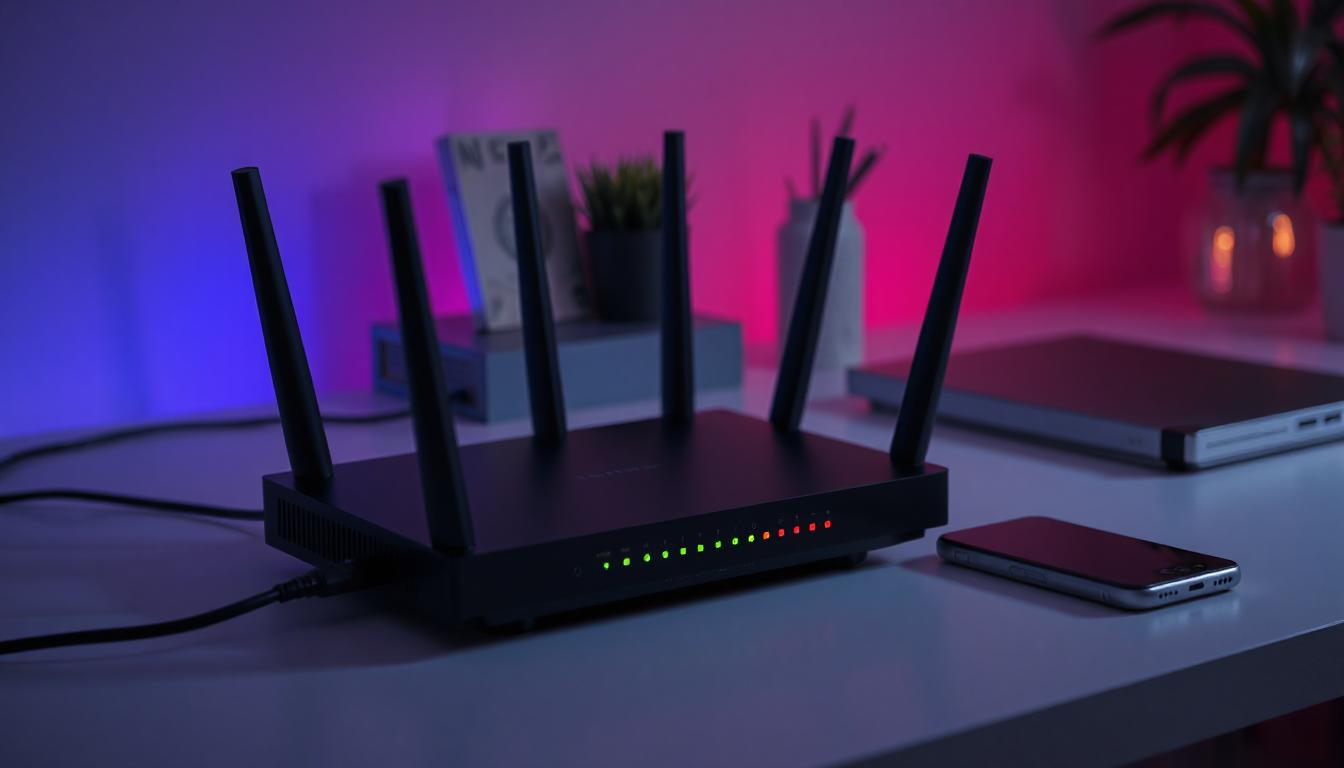What is Router Support?
Using a VPN on a router allows you to secure all devices connected to your home or office network under the protection of the VPN. This means that any device connected to the router will benefit from the encryption and security of the VPN without needing to connect each device individually. In the following sections, we will define what a router is and provide further details on how router support works and its advantages.
- What is a Router?
A router is a device that helps connect and manage traffic between networks. It can connect two or more networks or sub-networks and direct data to the desired IP addresses. In other words, the router’s job is to transfer information from one network to another. Routers are commonly used in home and office environments so that multiple devices such as computers, tablets, and smartphones can access a shared internet connection. Additionally, routers can enhance network security by creating firewalls and managing traffic.
There are various types of routers, but most are designed to transfer data between Local Area Networks (LANs) and Wide Area Networks (WANs). Generally, a LAN consists of a group of devices located in a specific geographical area and usually connects to a single router.
- How to Connect
Instead of installing a VPN on every device you have, you can set it up directly on your home network router. By doing this, any device connected to this network will automatically benefit from the VPN. This method has many advantages but requires two things: a router that is compatible with VPNs and a VPN service that provides this capability.
Installing a VPN on a router is not particularly difficult and requires an intermediate level of networking knowledge. Once you have set up the VPN, there’s no need to install specific software on different devices. You just need to connect them to the router’s WiFi network. This method also helps you bypass limitations regarding the number of devices that can connect to the VPN. If you have a VPN router, all devices connected to it count as just one device.
For added security, it’s better to choose routers that use open-source operating systems like DD-WRT. These operating systems not only support VPNs but also have a community of developers who regularly review code and fix bugs.
- Advantages
1. Increased Security
Using a VPN on a router enables you to secure all devices connected to your home or office network under the protection of the VPN. This means that any device connected to the router benefits from the encryption and security of the VPN.
2. Access to Blocked Content
By configuring a VPN on your router, you can easily access content blocked in your geographical area. This feature is especially useful for users in countries with internet restrictions.
3. Easy Management
Setting up a VPN on a router means you don’t need to install VPN software on each individual device. This simplifies network management and configuration significantly.
- Conclusion
Router support for VPNs not only enhances your security but also facilitates access to blocked content. With proper configuration, you can enjoy the unique benefits of a VPN and improve your online experience. If you’re not using a VPN yet, now is the perfect time to consider setting it up on your router. Given the increasing importance of cybersecurity, using a VPN supported by routers is a fundamental step towards preserving your privacy and online security.

